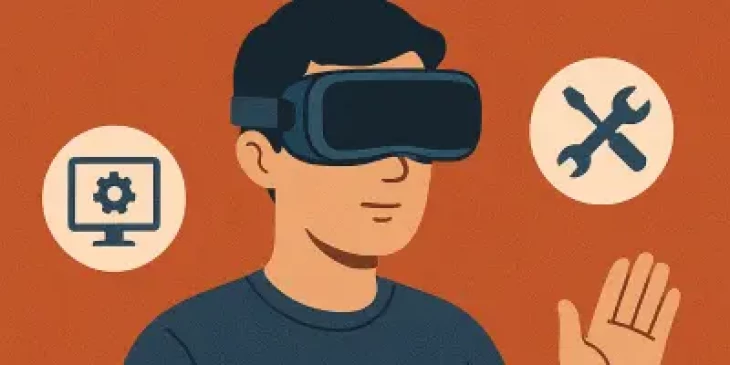The Future of Career Education: Embracing Virtual Reality
As we move further into 2025, the landscape of career education is undergoing a significant transformation, driven by technological advancements. Among these innovations, virtual reality (VR) stands out as a game-changer, providing immersive learning experiences that prepare students for the demands of the modern workforce.
Virtual reality technology allows learners to engage in realistic simulations of various job environments, from healthcare facilities to corporate offices. This hands-on approach to learning ensures that students not only comprehend theoretical concepts but also apply them in practical scenarios. By stepping into a virtual world, learners can explore different career paths without the risks associated with real-life mistakes.
One of the most significant advantages of VR in career education is its ability to cater to diverse learning styles. Visual learners benefit from immersive visuals, while kinesthetic learners can practice skills in a simulated environment. This tailored approach enhances retention and understanding, ultimately leading to better job readiness.
Moreover, VR technology can bridge the gap between education and employment. As industries evolve, so do the skills required for success. Virtual reality programs can be updated quickly to reflect the latest industry trends, ensuring that students are equipped with relevant knowledge and competencies. This adaptability is crucial in a rapidly changing job market.
Employers are increasingly recognizing the value of candidates who have undergone VR training. The hands-on experience gained through immersive simulations can set job seekers apart in a competitive field. Companies are beginning to collaborate with educational institutions to design VR curricula that align with their specific training needs, fostering a direct pathway from education to employment.
As we look to the future, the integration of virtual reality into career education appears promising. With ongoing advancements in technology and growing acceptance of VR in academic settings, we can expect to see even more innovative applications that enhance learning outcomes. The future of career education is not just about acquiring knowledge; it’s about creating a skilled workforce ready to meet the challenges of tomorrow.
In conclusion, virtual reality is revolutionizing career education by providing immersive experiences that significantly improve skill development and job readiness. As this technology continues to evolve, it holds the potential to redefine how we prepare the next generation of professionals for the workforce.



Leave a Comment
To post comment, please